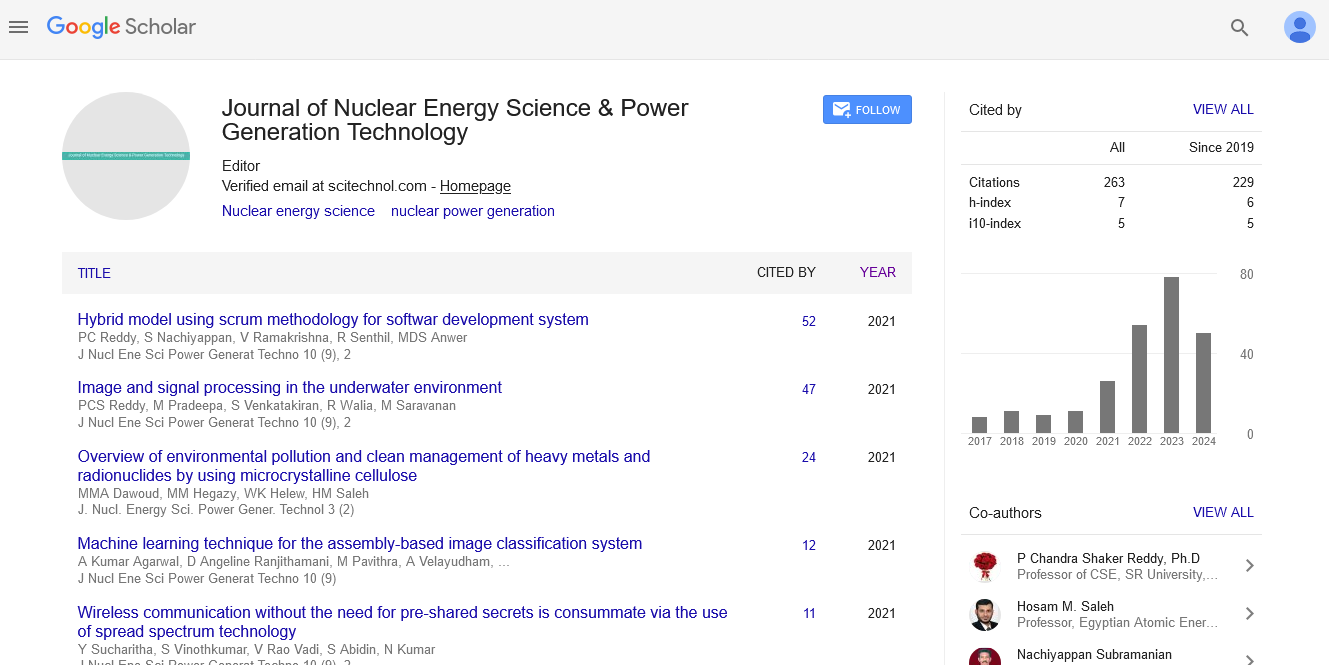The use of international laws as a means of acting as universal environmental regulator in developing: Case study of Nigeria
Kamuganga Gilbert
Makerere University, Uganda
: J Nucl Ene Sci Power Generat Technol
Abstract
Transboundary responsibility defines international law as an obligation to protect one’s own environment, and to prevent damage to neighboring environments, UNEP considers Transboundary at the international level as a potential limitation on the rights of the sovereign state, in this case the developing nations. It is established that environmental problems and challenges are needs of urgency and have widespread effect. It is therefore the continuing responsibility of lead international agencies, and Government to use all practical means, consistent with other essential considerations of national policy, to avoid environmental degradation. It is on the basis of this responsibility that procedural. Provisions, among others, have been developed to establish a standard of compliance. This abstract seeks to inculcate that despite the introduction of all these: Elaborate policy, legal and institutional framework in last 20 years influenced mainly by international conventions, Environmental degradation continues to occur due to weaknesses in implementation. This is greatly because there is no international court for the environment. This makes it difficult for international environmental organizations to impose cases on the nations that do not follow and properly implement the international environmental policies.
Biography
Kamuganga Gilbert is a student at Makerere University pursuing Bachelor of Science in Civil Engineering. He is passionate about researching on the emerging trends in climatic changes, environmental laws being affected by various states in a bid to combat the adverse impacts of climate change and global warming.
E-mail: nichjay9@gmail.com
 Spanish
Spanish  Chinese
Chinese  Russian
Russian  German
German  French
French  Japanese
Japanese  Portuguese
Portuguese  Hindi
Hindi 

